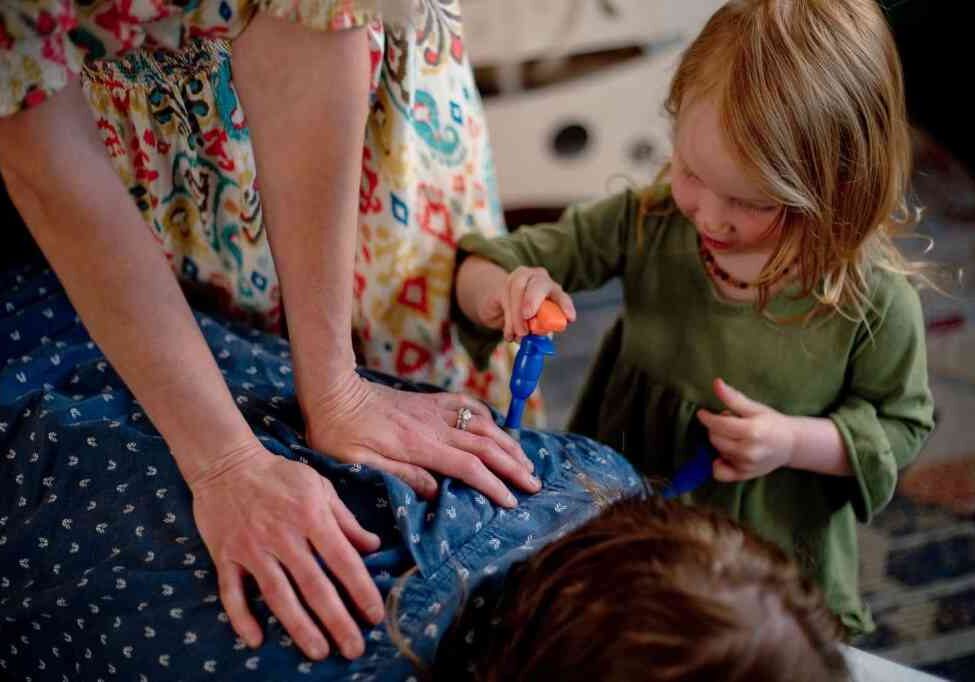Thriving Nervous Systems

What if fatigue, irritability, allergies, sensory overwhelm, learning difficulty, and frequent illness aren’t the brain doing something wrong, but actually part of an intelligent and adaptive response?
Nearly half of all children in the United States are reported to currently have at least one chronic health condition, including developmental delay, environmental and food allergies, learning disability, ADD/ADHD, chronic ear infections, anxiety, and depression.In all these health challenges, the body’s own built-in mechanism for coming down from the fight-or-flight response has been largely overlooked.
Our bodies were never designed to stay in fight-or-flight mode for more than a few hours or days but in today’s world, we are constantly bombarded with stress triggers on physical, chemical, and emotional fronts.It’s not difficult to see how the intelligent fight-or-flight response can turn into depression, anxiety, hypersensitivity, ADD/ADHD, learning difficulties, aggression, developmental delays, emotional instability and reactivity, digestive distress like bellyaches and indigestion, picky eating, food sensitivities, chronic ear infections, frequent colds and other illness, environmental allergies, a chronic runny nose, signs of chronic inflammation like asthma and breathing difficulties, and more, when the body is in a chronic state of fight-or-flight overload.
While avoiding as many negative stressors as possible is definitely a part of the solution, a huge missing piece of the puzzle lies in how we can improve the internal resilience of our body so stress doesn’t knock us off-kilter so easily.
Here are some simple ways to help you and your children come down off the fight-or-flight response and return rhythmic, healthy function to your nervous systems:
1. Wellness chiropractic care
2. Exercise
3. Eat a balanced whole foods diet
4. Limit toxins
5. Limit screen time & mitigate EMFs
6. Get enough sleep7. Find your tribe and build community
Questions?
